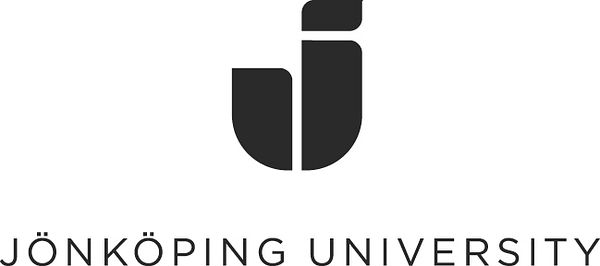
Press release -
Shame a common cause of male violence
Violence feeds shame. Shame feeds violence. How to break the violent circle? In a new PhD thesis from The School of Health and Welfare, Jönköping University, Peter Jansson introduces a new research perspective in Sweden.
In his thesis ”An explorative investigation of the relationship between men’s childhood experiences, masculinities, emotions and their violence and therapeutic interventions against violence", Peter Jansson explores the potential for an integrated research perspective on male violence and exemplifies how such research can be conducted.
The fundamental idea is that many various factors interact in men’s violence, requiring a holistic approach.
”By following a convicted violent perpetrator through life, we can get a more complex and accurate picture of why the person responds with violence. Has he been subjected to violence in childhood? What happened in school? Did he have difficulties finding a job and how were relations at work?” explains Peter Jansson.
The results showed that men who have been subjected to serious violence in childhood are more prone to feeling shame. When being violated they tend to react more directly with aggression towards both sexes.
”Violence and aggression are often preceded by feelings of shame. Shame is one of the strongest and most painful emotions that can affect a person. Instead of directing the anger inwards, against oneself, the aggression is directed towards others. It is a protective mechanism.”
The studies confirmed that men from marginalized class positions were more likely to transform their shame into violence, actions that also could be related to constructions of masculinity.
According to Peter Jansson, men who are victims of violence and abuse in childhood and who have grown up in a more secure social context, can manage to deal with their emotions in a more constructive way compared to men who have grown up in marginalized environments and under the influence of masculinity norms with toughness, aggression and violence.
He hopes that his thesis will lead to further research in the field – and eventually provide a basis for new treatments. The thesis presents knowledge that can facilitate the contact between the therapist and the client.
”Shame is a feeling. That is why cognitive behavioural therapy has to be supplemented. Violence is intergenerationally transmitted and it is very important that we find a way to break the pattern. If only we can help a few from passing it on, the effect can be huge over time.”
Peter Jansson also has hopes that his research might open the doors for this type of research in Sweden.
”Internationally, the integrated perspective is very common. In Sweden it is hardly practiced at all. Today, Swedish theory is focusing on the victims, but I believe it is equally important to understand the offender. Instead of limiting ourselves to the gender perspective – and thereby producing the image of a female victim and a male perpetrator – we need to take a holistic approach, considering that offenders can also be victims of violence, influenced by their position in the class structure.”
Peter Jansson successfully defended his thesis at The School of Health and Welfare on 14 October. Peter Jansson can be reached by phone, +46 706-599 679
Related links
Topics
Categories
Jönköping University Foundation is one of three independent institutions of higher education in Sweden offering postgraduate programmes. It is characterised by focused profiles, internationalisation, an entrepreneurial spirit and collaboration with surrounding society. Research and education are carried out at four schools: Jönköping International Business School, School of Education and Communication, School of Engineering and School of Health and Welfare. Jönköping University has some 10,000 registered students, 725 employees and a turnover of approximately SEK 800 million.
